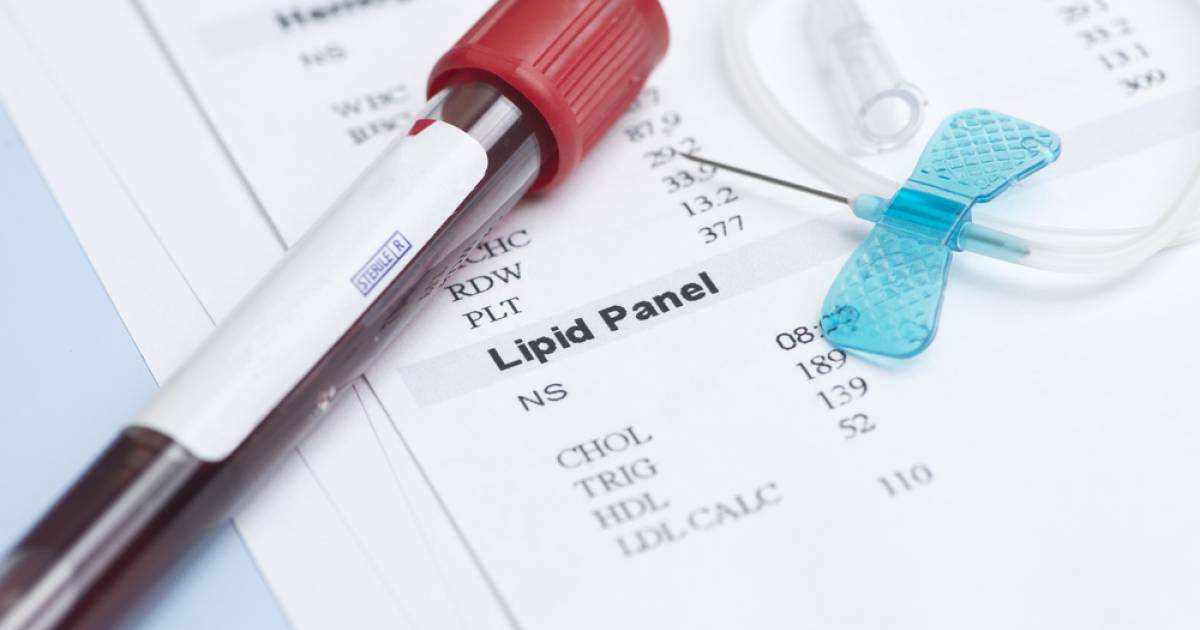What Are The Most Common Hematology Tests?
Cholesterol Test

A lipid profile, lipid panel, or complete cholesterol test is a type of blood test that measures how many triglycerides and how much cholesterol is in an individual's blood. Cholesterol tests are used to determine how high a patient's risk of heart disease is. High cholesterol can cause plaques to build up in the arteries, which can lead to a narrowing or blockage that could be life-threatening. Individuals with high cholesterol readings tend to have significantly higher risks of developing coronary artery disease. A complete cholesterol panel measures four lipids found in the blood. Patients will get a total cholesterol reading that measures their blood's cholesterol content. This is broken down further into high-density lipoprotein (HDL) cholesterol readings, low-density lipoprotein (LDL) cholesterol readings, and triglyceride readings. LDL cholesterol leads to plaque buildup in the arteries, but HDL cholesterol carries LDL cholesterol away and keeps arteries unblocked.